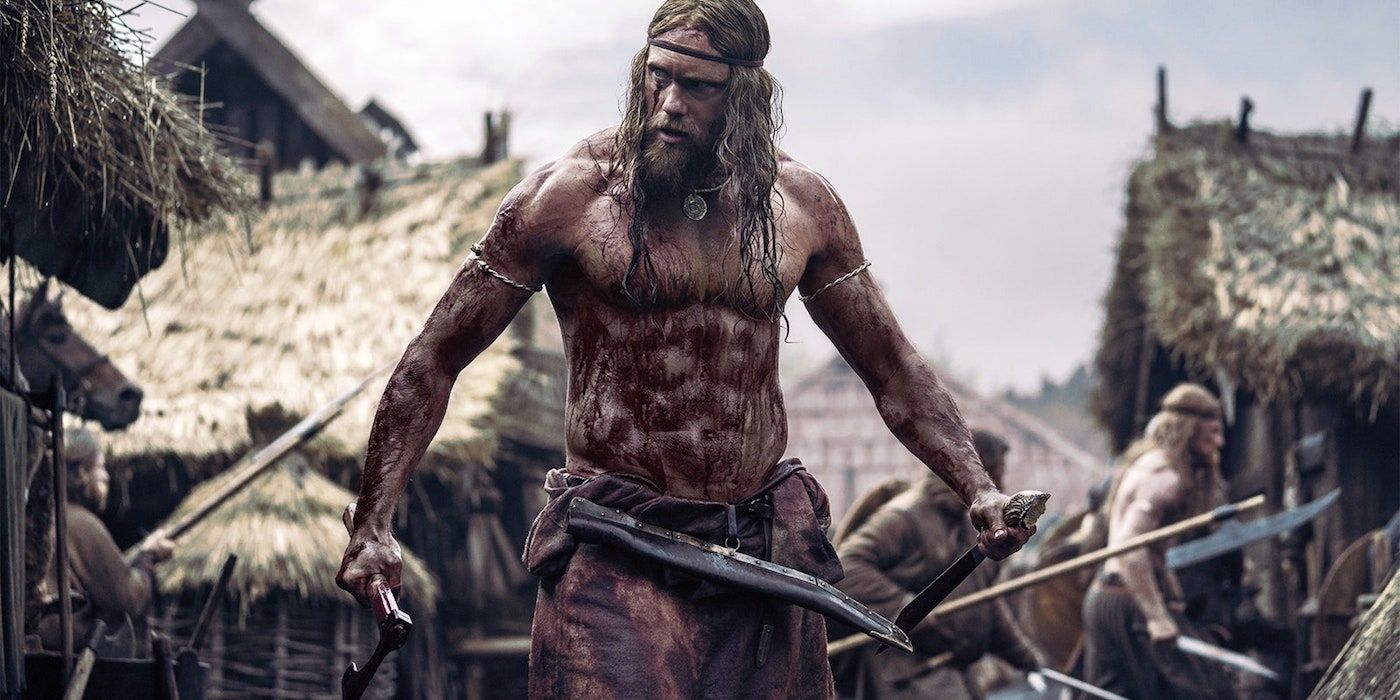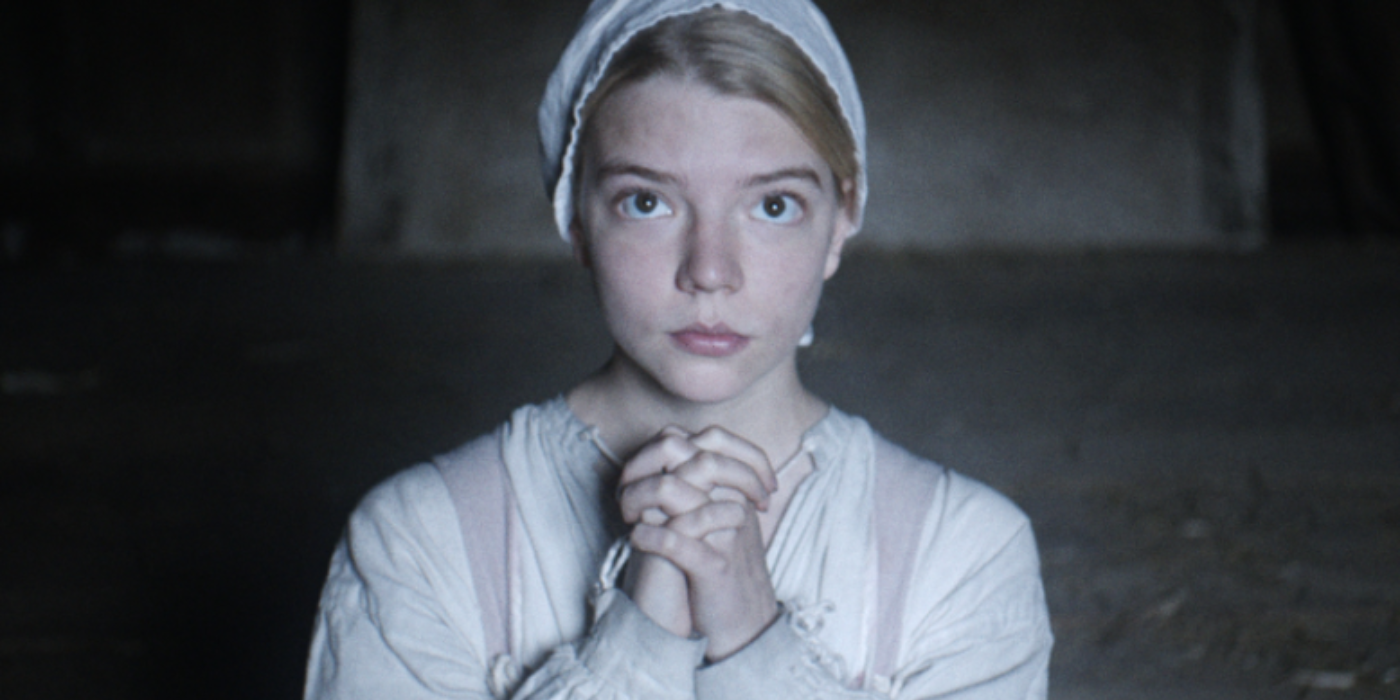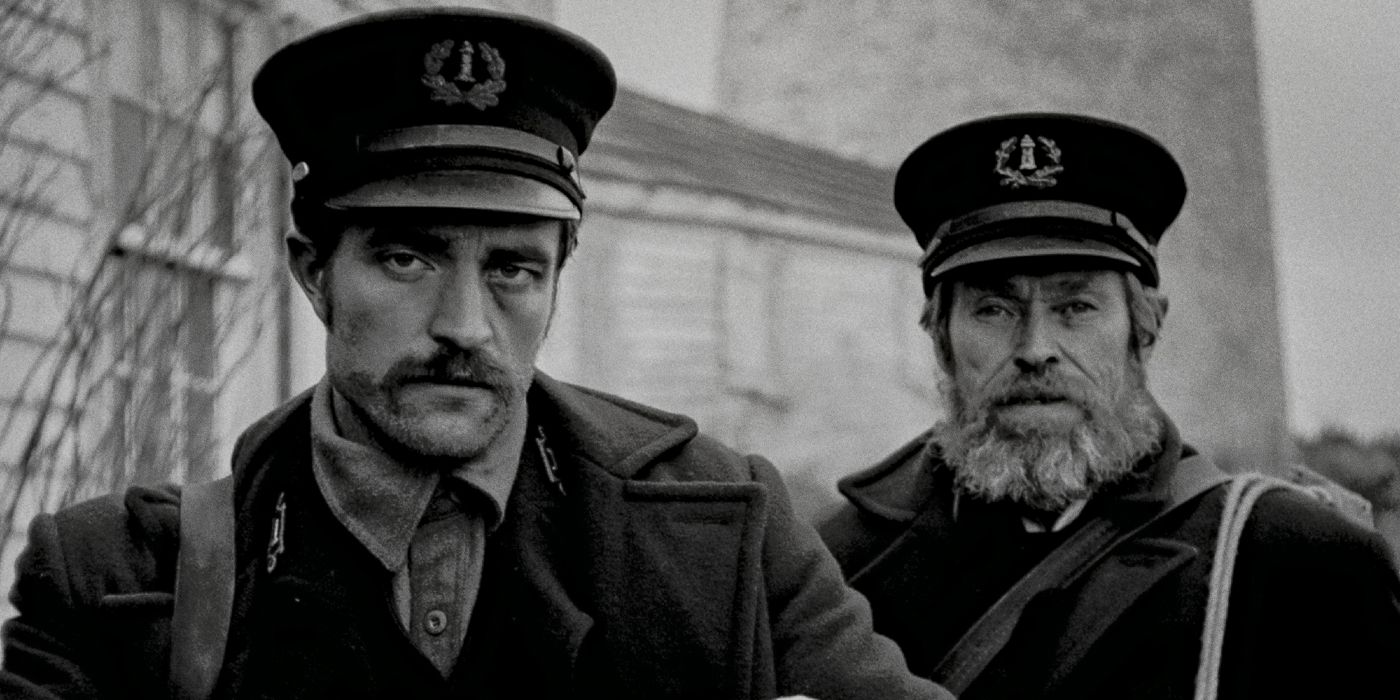Film has reached a new renaissance in recent years as directors, and other creators have given a unique style to stories and asked viewers to look beyond what's on screen. A creator who, with only three films, has seemingly mastered this style of storytelling is Robert Eggers. Unlike other contemporary directors, Eggers' style has been planted firmly in stories set in the past. But rather than focus on eras that people may be familiar with, he uses niche times in the world's development to tell powerful and emotional stories.
As of now, Eggers' latest film, The Northman, has shown promise as being yet another hit for the director. But with only three credits to his name so far, how do they rank against one another? This article will answer just that by using Rotten Tomatoes and Metacritic to develop an average score. However, even though these films are ranked from highest to lowest, they don't reflect the overall quality, which must be seen individually to be absorbed and understood.
3. The Northman - 85.5/100
Eggers' latest outing, The Northman, is set in the tenth century and follows a Viking who, for most of his life, was driven to exact revenge for the death of his father and rescue his kidnapped mother. Like all of Eggers' films, the premise is just a lure used to explore the deeper meanings behind the character's actions. However, unlike his past films, The Northman spared no expense in the gore, action and sheer destruction that existed in the era. Critics have commented on the powerful story that felt like a Viking epic brought to life and, even at the bottom of the list, still ranks high, like Eggers' other films.
2. The Witch - 86.5/100
The Witch, Eggers' 2015 debut film, was a unique dive into supernatural horror and helped spark the elevated horror sub-genre, which has since been made famous by movies like Midsommar and It Follows. The film followed an English settler in North America in the 1600s who did everything to provide for his family in a new land. But strange things began to occur that would eventually dismantle the family and bring the essence of evil into their home. The movie is best known for its unsettling tone and Eggers' painstaking efforts to bring a little-known time period to life with as much historical accuracy as possible. Thankfully, his vision paid off, and critics have since praised the film's direction and the slow build of terror that helps make the mind-bending conclusion even more impactful.
1. The Lighthouse - 86.5/100
The Lighthouse was a massive shift from what Eggers had shown the world with The Witch, but the changes were the best choices to make at the time and helped show off the range and skill of veteran actor Willem Dafoe and the ever-versatile Robert Pattinson. The Lighthouse follows two lighthouse keepers who rarely, if ever, get along and are forced to cohabitate with one another for months on an island. Pattinson's character had no respect for the customs that Dafoe's character held close to his heart. As a result, the tensions would build until they reached a point that was as trippy as it was unexpected. Like The Witch, Eggers did his best to make the film historically accurate, even down to the dialogue, and offered a thriller that was more of an introspection on the human condition. As a result, critics praised the classic feel of the film and the moments that called back to stories by famous writers like William Shakespeare and Herman Melville.
With only three films, Eggers has shown his range and style in ways no other directors have in decades. However, he's maintained his consistency no matter how many eras or genres he has explored and will explore. Each of his films is held in high regard and deservedly so, and those who wish to venture into his world will likely find something profound. But once the credits roll, fans may reevaluate how films can be made and how they can be used to capture an audience's attention.




